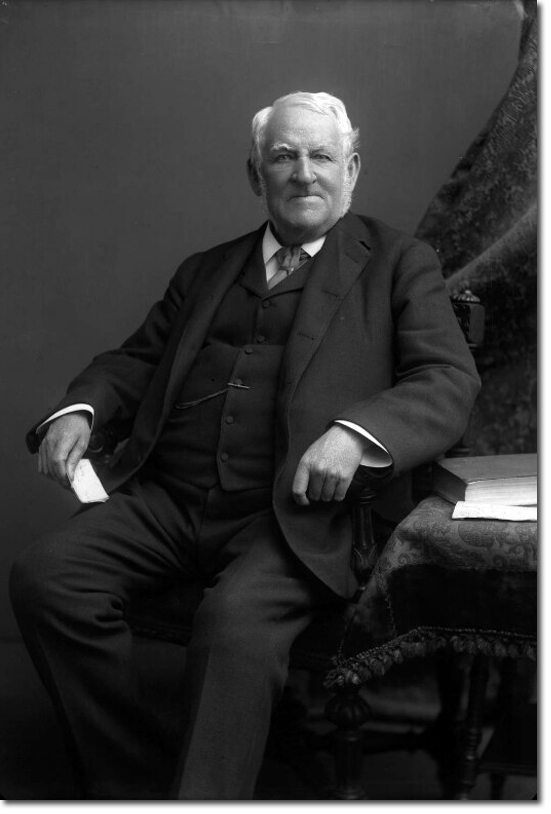|
|


|
|
Bowen was an experienced colonial diplomat coming to the end of his career. Compared to Sir John Pope Hennessy it was hoped that he would be a more soothing appointment than his predecessor had been. However, Bowen was not without controversy. He himself had failed to quell concerns over the budget in the Australian colony of Victoria in the 1870s. He had been sent to Mauritius as something of a demotion. Hong Kong was his last chance at redemption in his colonial career.
Bown was happy to find that Hong Kong was run fairly efficiently with a growing cadre of bi-lingual professional Civil Servants. His most significant innovation was to reform the Legislative Council. For the first time it was decreed that a Chinese person should take a seat on the Council as of right. Furthermore, an element of indirect democracy representation was introduced by asking that the Justices of the Peace and the Chamber of Commerce elect their representatives. He also expanded the committee system and encouraged more openness in government and publishing of official documentation. Perhaps a lesson he had learned the hard way from Victoria. Nevertheless, this attitude of transparency was unusually enlightened when compared to his predecessors. Unfortunately for Bowen, it was not all to be plain sailing. There was already much debate about the defensive capabilities of Hong Kong even before Bowen had arrived. But upon his arrival he found that there were new demands to massively increase the fortifications and defences in light of new advances in gunnery and battleship design. Bowen appreciated that this would put a considerable strain on the budget of Hong Kong and resisted the full range of requests made by the military planners. Bowen fell out with the military over paying for new howitzers to defend Victoria harbour. It was claimed that he skulked off to Japan at a crucial time in order to avoid the break with those tasked with the colony's defence. Lord Derby later insisted that Bowen find the money to pay for the upgrade but Bowen was at least able to wield enough political sway back in England to have his primary protagonist, Lt-Gen J.N. Sargent, recalled. To demonstrate that defence was no theoretical matter. A major war between France and China broke out later that same year. France had already been identified as the country most likely to pose a threat to Britain and her colonies and this increased regional activity seemed to confirm that fact. Interestingly, these defensive concerns would lead later to the idea of taking control of more land in the New Territories in order to make the colony more defensible. However, with China engaged in war with a European power it was not felt that the time was right to make further demands on their embattled neighbour. Bowen's period had many successes but he did achieve a reputation as being a frightful bore and name dropper who lived on anecdotes of his younger life. He did not make a great impression on the movers and shakers of the colony, although many preferred him to his more rambunctious predecessor. Image Courtesy of National Portrait Gallery |
Hong Kong | Governors of Hong Kong
Armed Forces | Art and Culture | Articles | Biographies | Colonies | Discussion | Glossary | Home | Library | Links | Map Room | Sources and Media | Science and Technology | Search | Student Zone | Timelines | TV & Film | Wargames